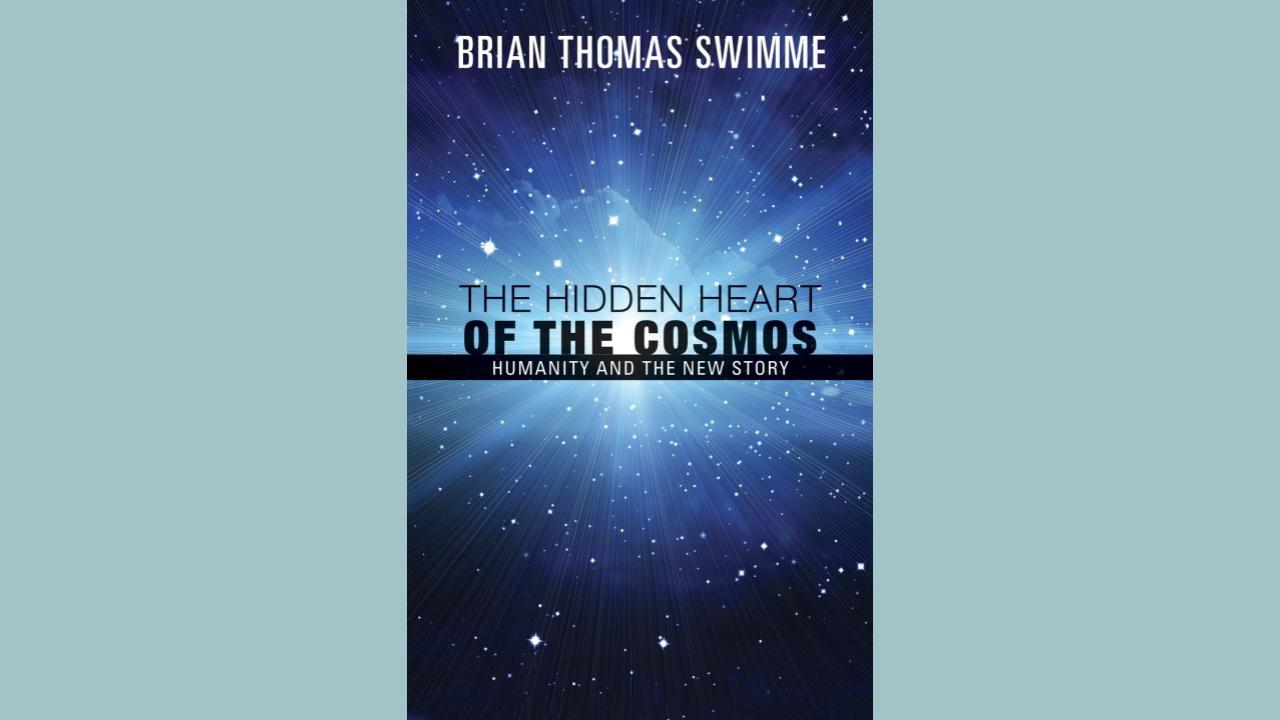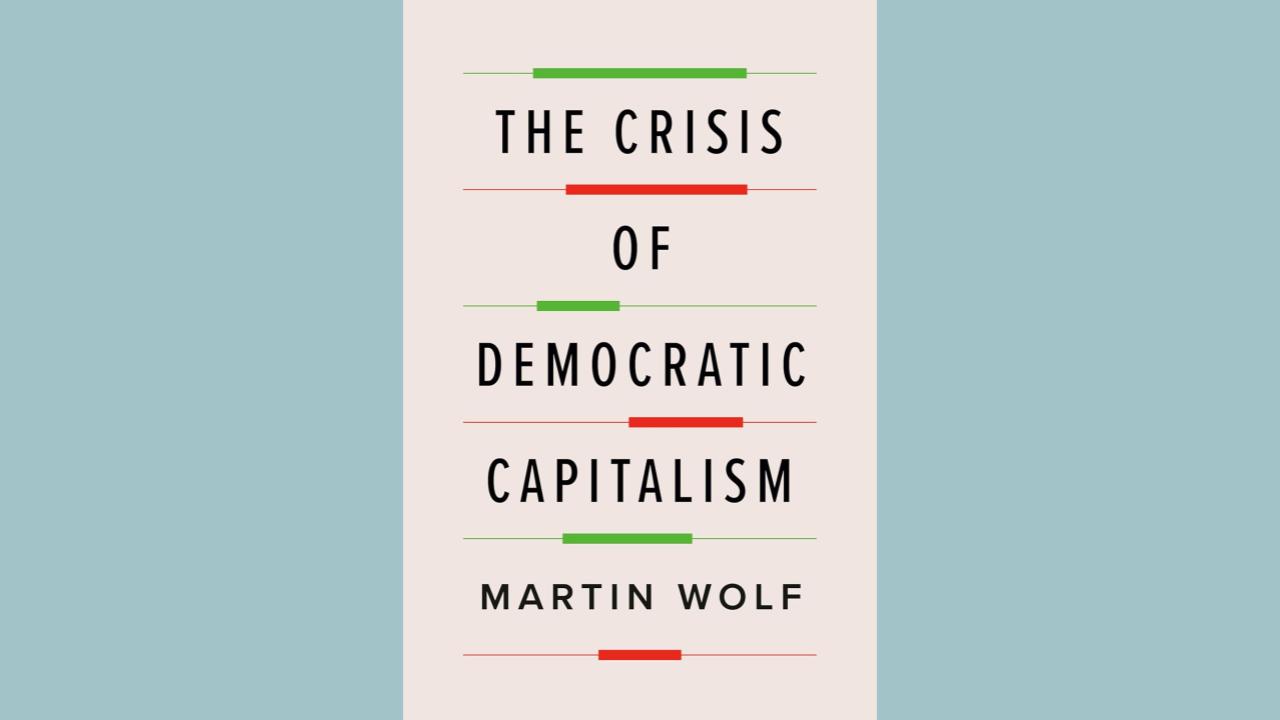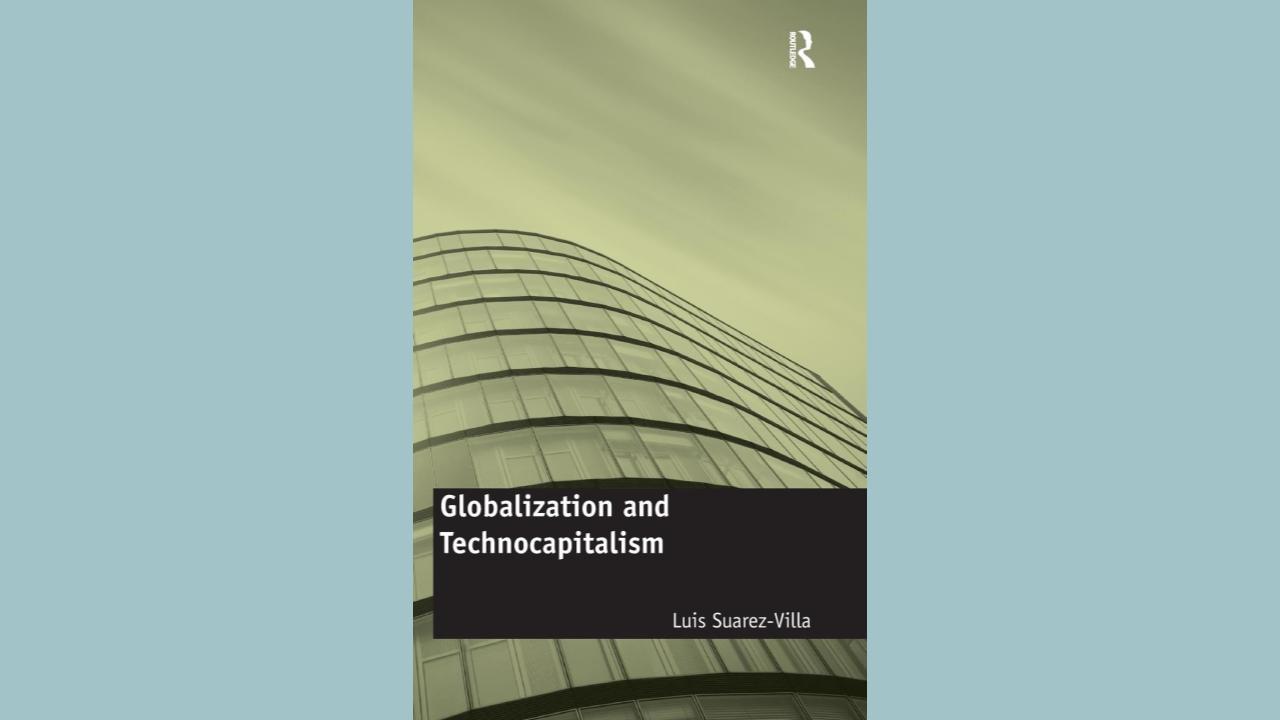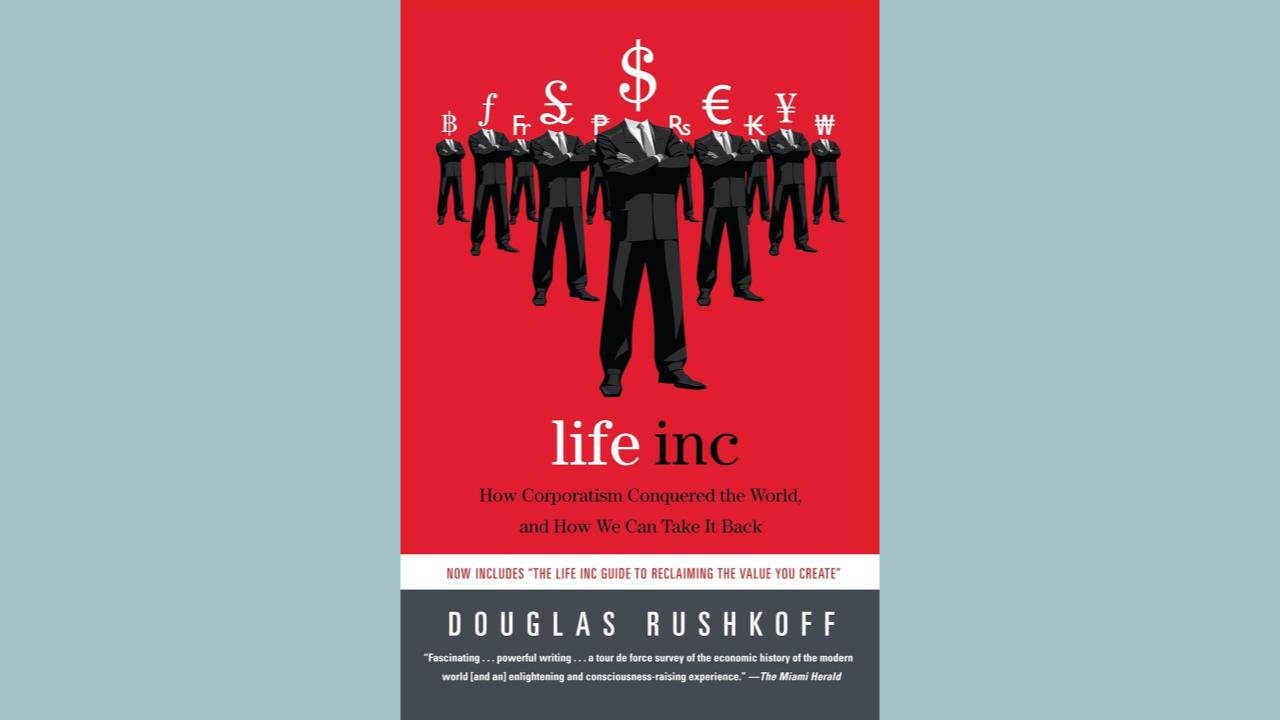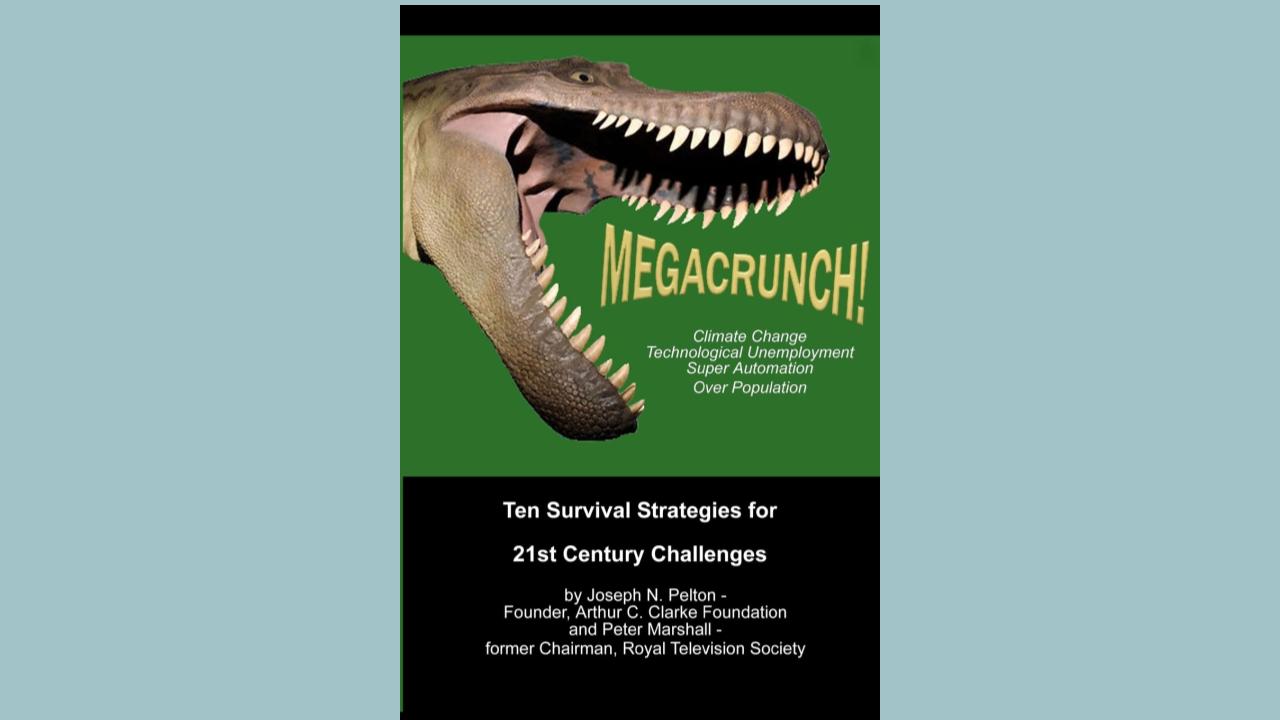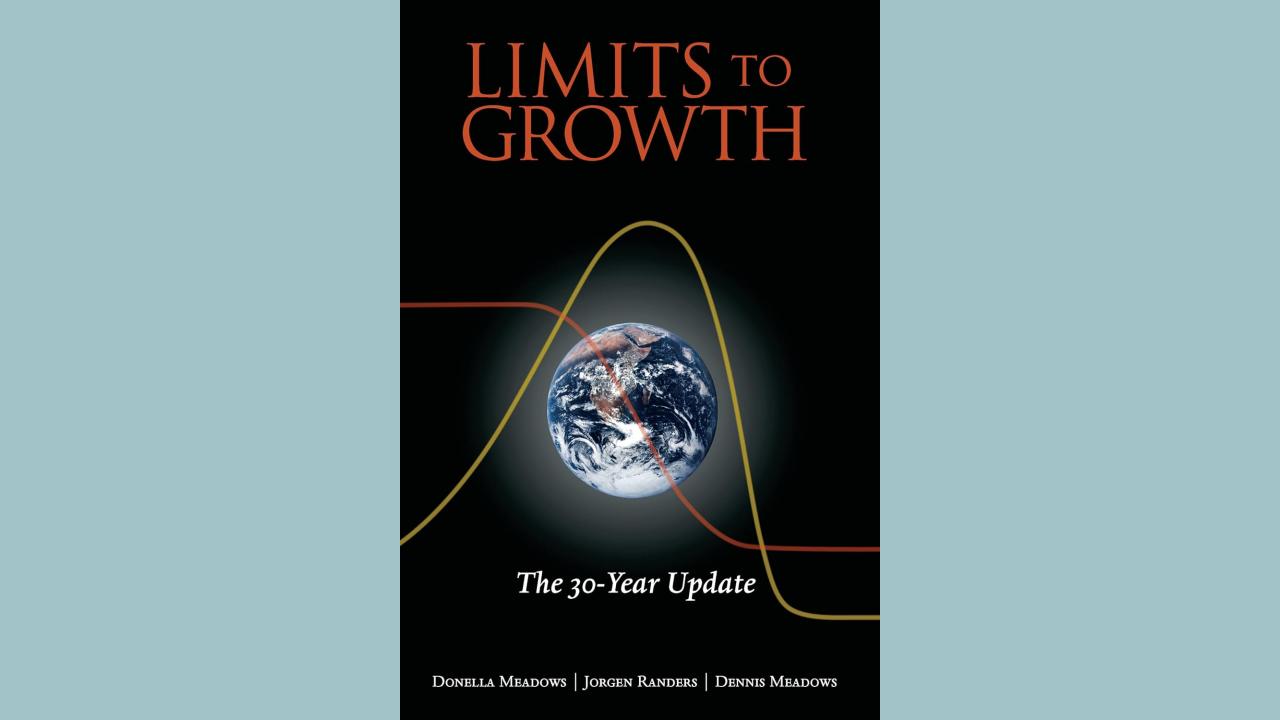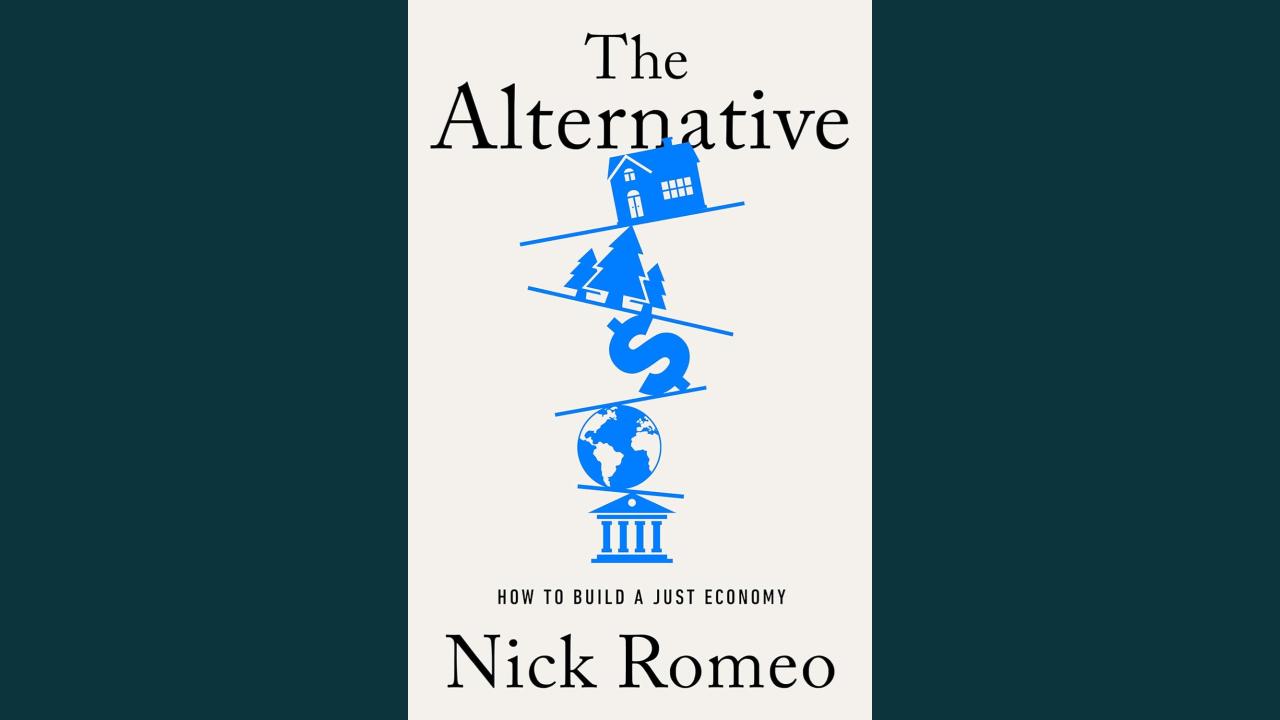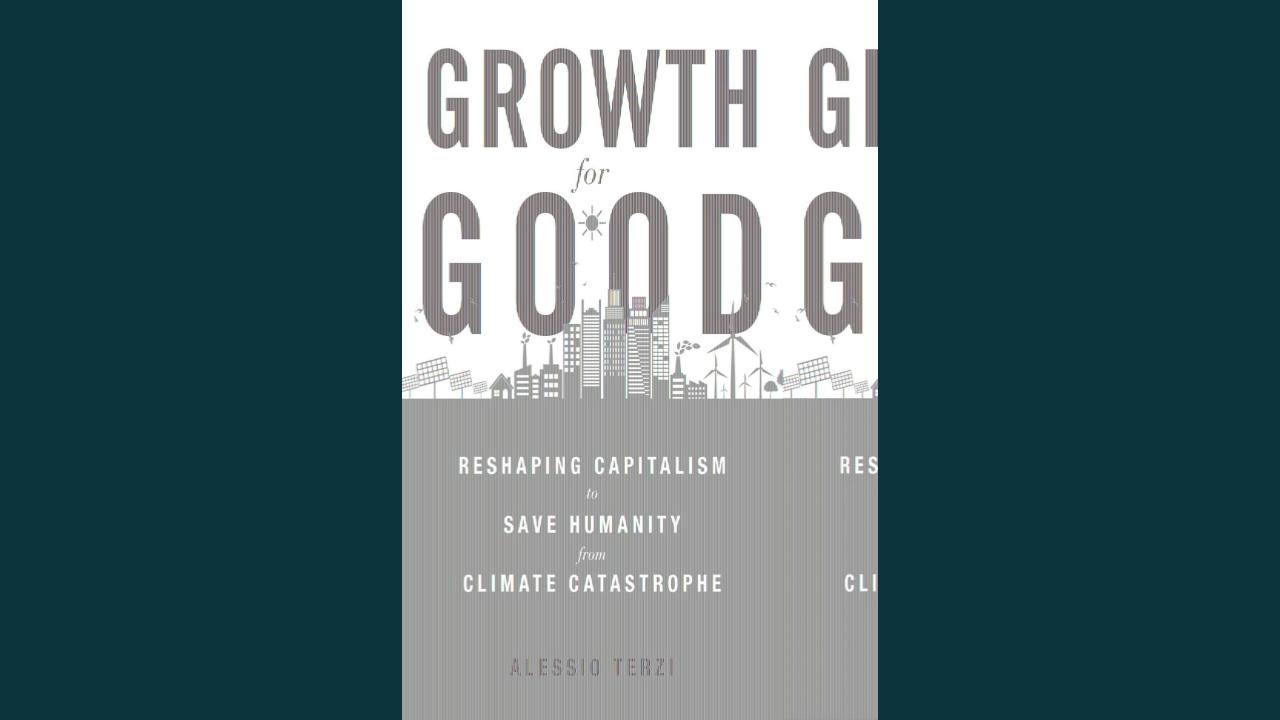What does it mean to be human, to live on planet Earth, in the universe as it is now understood? In The Hidden Heart of the Cosmos best-selling author and mathematical cosmologist Brian Swimme takes us on a journey through the cosmos in search of the “new story” that is developing in answer to this age-old question. The Hidden Heart of the Cosmos opens up not only the exhilarating truths that science reveals of the birth of the universe, but how these truths can transform our lives.
In such a view the cosmos appears as awesome and meaningful, its dynamics revelatory, and in this revelation can be found the wisdom humanity needs to face and overcome its present crises, particularly the soul-numbing consumerism that threatens to overwhelm not only individuals, families or societies, but the Earth itself. The Hidden Heart of the Cosmos helps us to grasp the larger significance of the human enterprise in this evolving university. Upon meeting that challenge rests much of the vitality of Earth community, and the future quality of life, for ourselves and our children.
